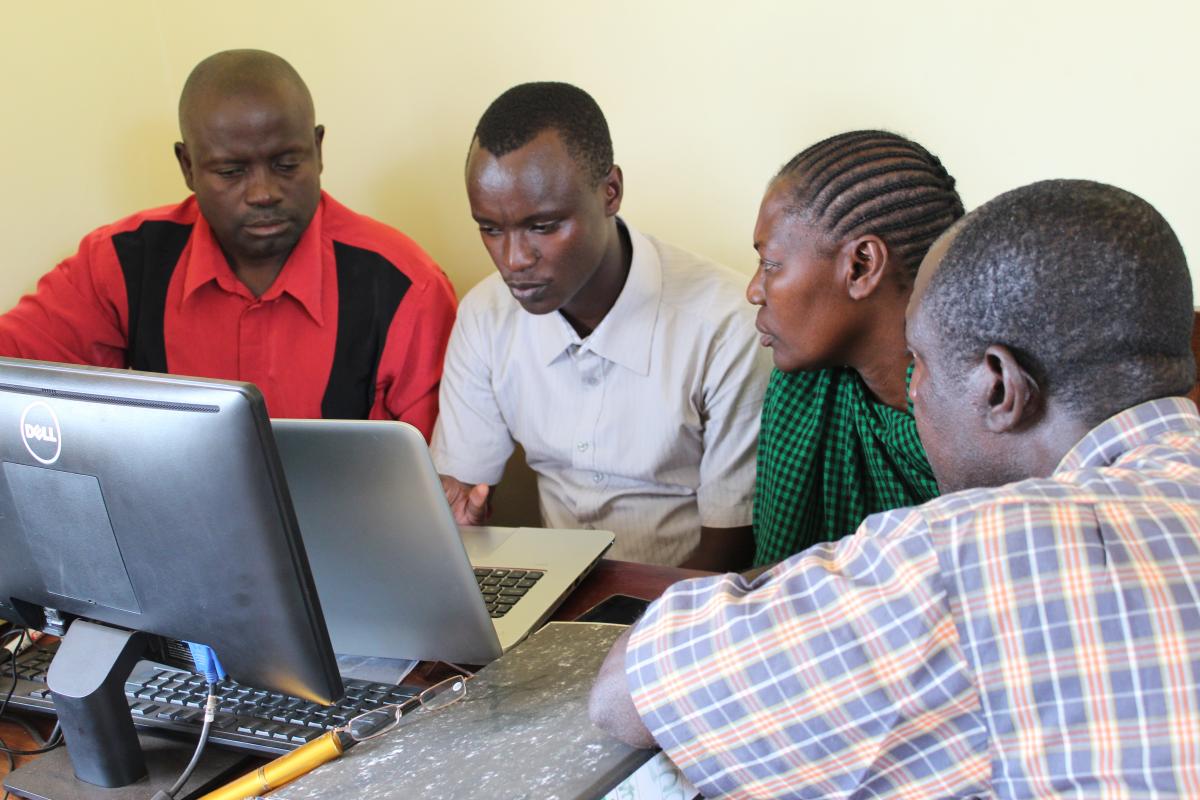NRM LED TRAINS PARAPROFESSIONALS TO CURB SHORTAGE OF FIELD STAFF
In October 2017, more than 300
Para-professionals were identified in six landscapes in Kigoma region. The need
to carter for the shortage of professional field staff to sustain natural
resources management for local economic development activities led to the
addition of facilitators from the villages. The Paraprofessionals will
participate fully to empower their fellow villagers during the project
implementation even after the project phase out.
The
paraprofessionals have so far received training in business plan formation, bee
keeping as a business and record keeping which will assist them in training the
people in their localities. The team got exchange visits within the project
area to learn on NRM for LED best practices. The other group to train the BMU team, were
trained on handling, processing, packaging and marketing of fish products.
Various natural resources users,
transformers, traders and corporate private sectors have been identified to
work closely with the paraprofessionals.
Training on bee keeping and honey
products will be done with the assistance from Tabora Bee keeping collage from
Tabora. They will train the paraprofessionals on bee keeping as a business, the
different uses of honey and its by-products and packing and handling of honey
products.
Tanzania forestry services agency and
Vocational education training authority will be assisting the paraprofessionals
in the tree selection training, carpentry and sustainable forests management.
This will help the facilitators to pass the knowledge to the grass root level
so as to reduce unnecessary damage of natural resources. This group will also
be trained in sustainable charcoal kilns to reduce the destruction of forests
for charcoal making.
Construction of fish smoking kilns has
simplified practical learning for the Beach management units and fishermen
along Lake Tanganyika. Training on handling, processing, packaging and
marketing of fish products has been put into consideration to boost fish
product sales. Natural resources along Lake Tanganyika will be sustained
through training of the paraprofessionals especially members of the beach
management units.
Latest news from this project
No news

